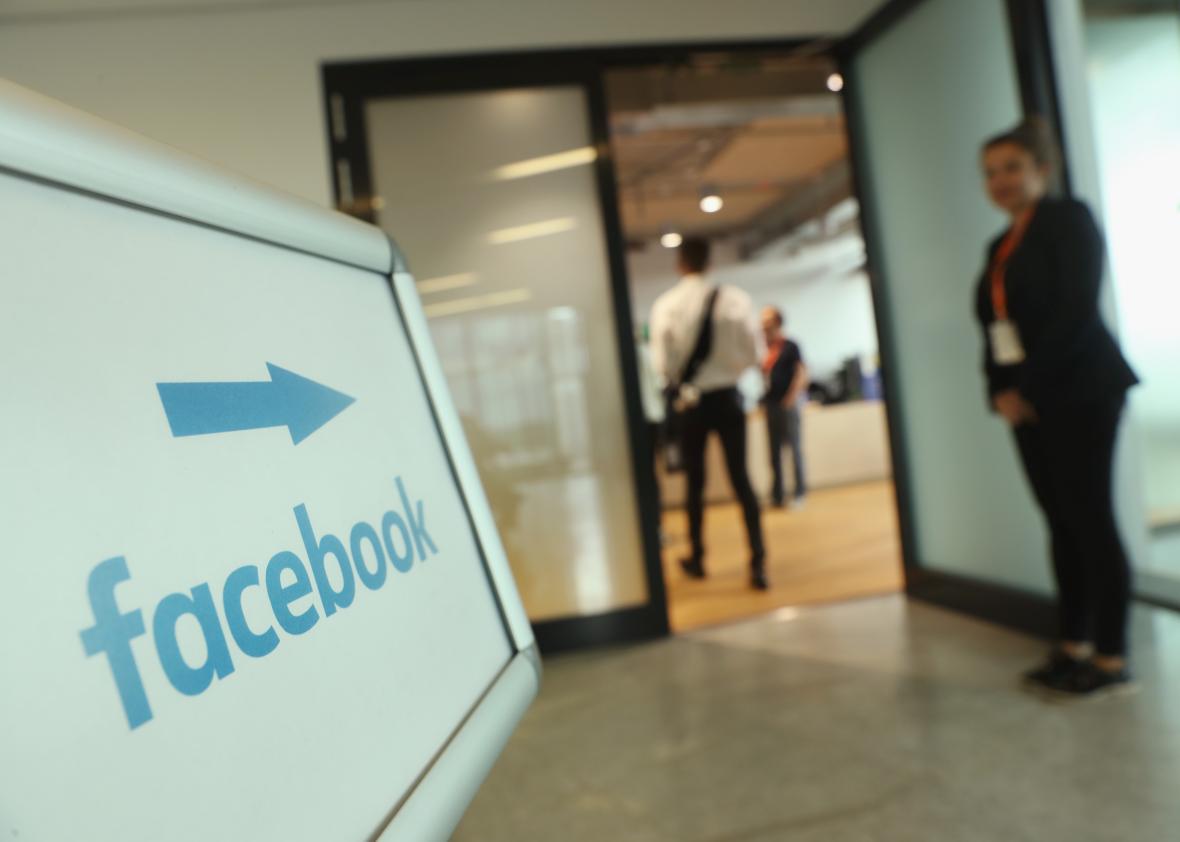The world’s largest social network appears to be tacitly recognizing that it plays a critical role in helping to spread fake news stories ahead of contentious elections. In its first big test outside the United States, Facebook is rolling out a tool over the next few weeks that will allow users to flag fake news stories. “Last month we announced measures to tackle the challenge of fake news on Facebook,” the company said in a statement. “We will put these updates in place in Germany in the coming weeks.”
Facebook will be replicating a test it unveiled last month in the United States that makes it easy for users to flag suspected articles. Articles that are tagged as fake will be sent to Correctiv, a German non-profit investigative journalism organization, to confirm. If the group determines the story is fake, Facebook will then mark it as “disputed” with an explanation. That will automatically make it less likely for the story to appear in users’ news feeds and those who share the story will receive a warning message.
The tool is likely to be unveiled in more countries in the future. “Our focus is on Germany right now but we’re certainly thinking through what countries will unveil next,” a company spokesman tells the Financial Times.
The move comes as German political leaders, and even the country’s intelligence agency, have warned about the proliferation of fake news ahead of the election expected for September. The head of Germany’s domestic intelligence agency said in an interview with the New York Times in December that there was “growing evidence for attempts to influence the federal election next year.” More recently, a story made the rounds claiming that Germany’s oldest church was set on fire. It was so popular and spread so quickly on Facebook that police were forced to clarify that it was all false. Politicians have warned that the problem has gotten so bad that Facebook could be fined, along with any other company that disseminates hate messages or fake news.
BuzzFeed recently analyzed the news content that was popular on Facebook last year and describes a proliferation of false and misleading pieces about German Chancellor Angela Merkel:
Echoing what was seen during the US election, many of these sites mix legitimate partisan political content with false and conspiratorial information, especially about refugees and Islam, in order to inspire passion and increase social engagement. Large right-wing pages in the US are also increasingly sharing anti-Merkel content, helping it gain wider distribution on Facebook.
